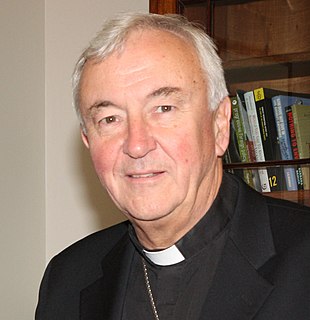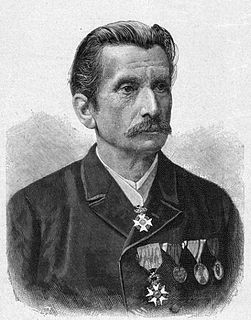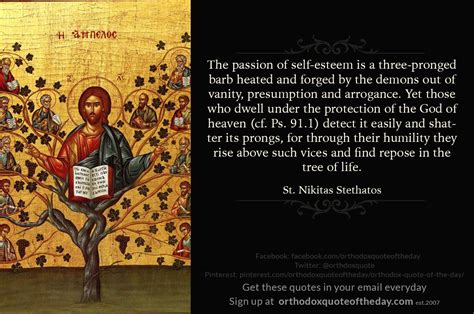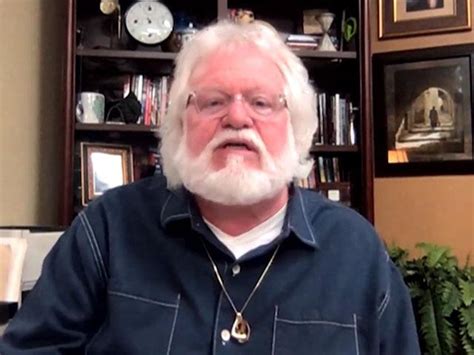A Quote by Pope John Paul II
Faith leads us beyond ourselves. It leads us directly to God.
Related Quotes
The mythology around colorblindness leads people to imagine that if poor kids of color are failing or getting locked up in large numbers, it must be something wrong with them. It leads young kids of color to look around and say: "There must be something wrong with me, there must be something wrong with us. Is there something inherent, something different about me, about us as a people, that leads us to fail so often, that leads us to live in these miserable conditions, that leads us to go in and out of prison?"
Love knows no virtue, no profit; it loves and forgives and suffers everything, because it must. It is not our judgment that leads us; it is neither the advantages nor the faults which we discover, that make us abandon ourselves, or that repel us. It is a sweet, soft, enigmatic power that drives us on. We cease to think, to feel, to will; we let ourselves be carried away by it, and ask not whither?
So it can be for us as we allow the stirrings of hope to motivate us to action; and then as we act so that our hope becomes faith, that faith gives us power and enthusiasm for the principles of the gospel, which leads us to further action. Soon, we are lifted out of the state of hopelessness, and we begin to aid those around us by working to make the world a better place, rather than languishing in misery watching the world go by without us.
God never gives up on us no matter how hard we try to get ourselves loose. God does not let go. That doesn't mean he controls everything we do. It doesn't mean he puts a bridle on us and leads us by the nose. He gives each one of us free will and common sense and a spirit that can communicate with his. When we go through afflictions, he allows us to choose our response. But no matter what our response may be, he sticks around to the bitter end.
What brings us to perfection? An ingrained faith in God, the 'faith that makes real the things for which we hope' (Heb. 11:1), the faith whereby Abel offered to God a better sacrifice than Cain and was commended as righteous (cf. Heb 11:4). It is such faith that fills those assiduous in the search for truth with great aspiration for the exalted gifts of God, and leads them to the spiritual knowledge of created beings; and it pours into their hearts the inexhaustible treasures of the Spirit.
Praise causes the presence of the Lord to come into our midst. Even though God is omniscient, He manifests His authority and rule in our environment when we praise Him. When we praise, God comes in and leads us forth... He does not just visit us, but He abides and aligns Himself with us to walk with us into the path that He has chosen for us.
It is quite beyond me how anyone can believe God speaks to us in books and stories. If the world does not directly reveal to us our relationship to it, if our hearts fail to tell us what we owe ourselves and others, we shall assuredly not learn it from books, which are at best designed but to give names to our errors.










































